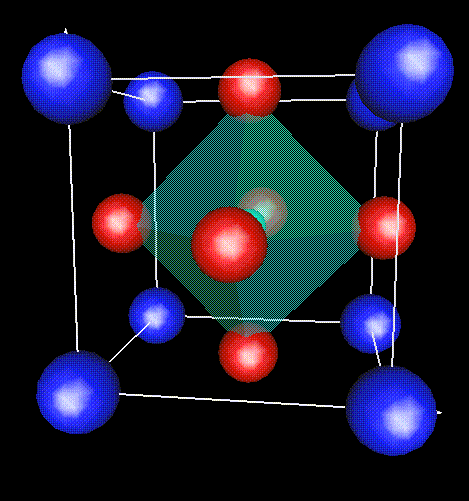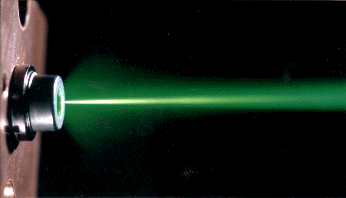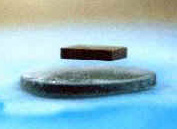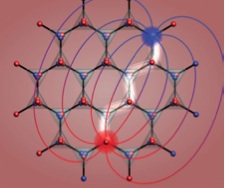Physics 601: Graduate Solid State Physics I
 |
 |
 |
 |
 |
Wednesdays 10:20 - 11:40 a.m.
Fridays 3:20 - 4:40 p.m.
ARC 203
| Course
Instructor:
Prof.
Premi
Chandra
Email: pchandra@physics.rutgers.edu |
Overview: In this graduate course we'll study the physics of electrons in solids with a focus on electron transport. We'll begin with pre-quantum solid state physics and then will discuss free electron theory. Next we'll characterize the properties of static (crystal structure) and dynamic (lattice vibrations) arrangements of atoms using scattering methods. We'll then study electrons in solids and will identify key features distinguishing metals, insulators and semiconductors. Electron transport in solids will then be discussed in more detail. Next we will discuss semiconductor devices before then turning to an exotic semiconductor of current interest, graphene. Our subsequent topic will be superconductors, metals that display dissipation-free conduction but are not perfect conductors but rather perfect diamagnets. We'll study their thermodynamics and then the Ginzburg-Landau theory that was developed to describe them. This approach will then be applied to magnetic and ferroelectric phase transitions with specific links to observed quantities. We'll end the course with discussion of novel insulators that are of current research interest. Throughout the course we'll emphasize the assumptions of the models involved with frequent comparison with relevant experiment; we will discuss the strengths and weaknesses of the different approaches presented and will link, whenever possible, to current scientific literature.
Course Texbooks: S.H. Simon, Solid State Basics, (Oxford University Press, Oxford, 2013)
M.P. Marder, Condensed Matter Physics, (John Wiley & Sons, Hoboken, 2010)
Special
Announcements
Have a Wonderful Winter Break
and
Best of Luck with your Adventures,
Scientific and Otherwise!
Have a Wonderful Winter Break
and
Best of Luck with your Adventures,
Scientific and Otherwise!